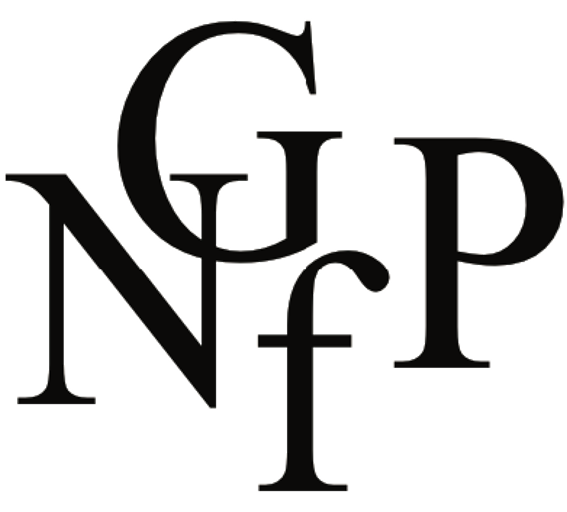Building and Sustaining Alternative Scholarly Publishing Projects Around
the World
The Public Knowledge Project is pleased to announce that, in partnership
with the Freie Universität Berlin, the Third International PKP Scholarly Publishing Conference will be held from September 26 – 28, 2011 in Berlin, Germany. This is the first time that the PKP Conference is being held outside of Vancouver, Canada, and we look forward to meeting more members of the growing, international PKP user community. Given that the landmark Budapest Open Access Initiative, launched in December 2001, will be celebrating its first decade, the conference invites explorations of the lessons learned, successes achieved, and setbacks overcome in our shared attempts to increase and open access within scholarly publishing. The first and second PKP conferences brought together a remarkable array of presentations and participants from around the world, and we anticipate an equally valuable experience in 2011.
weiterlesen “Third International PKP Scholarly Publishing Conference” »
